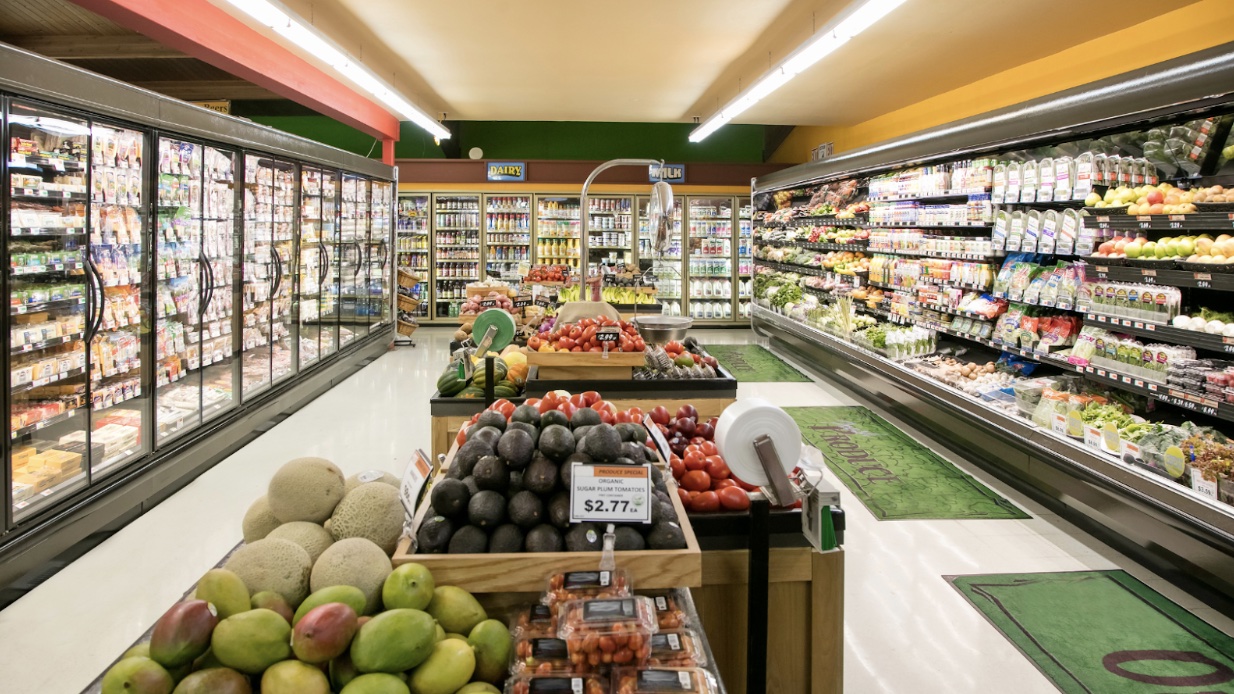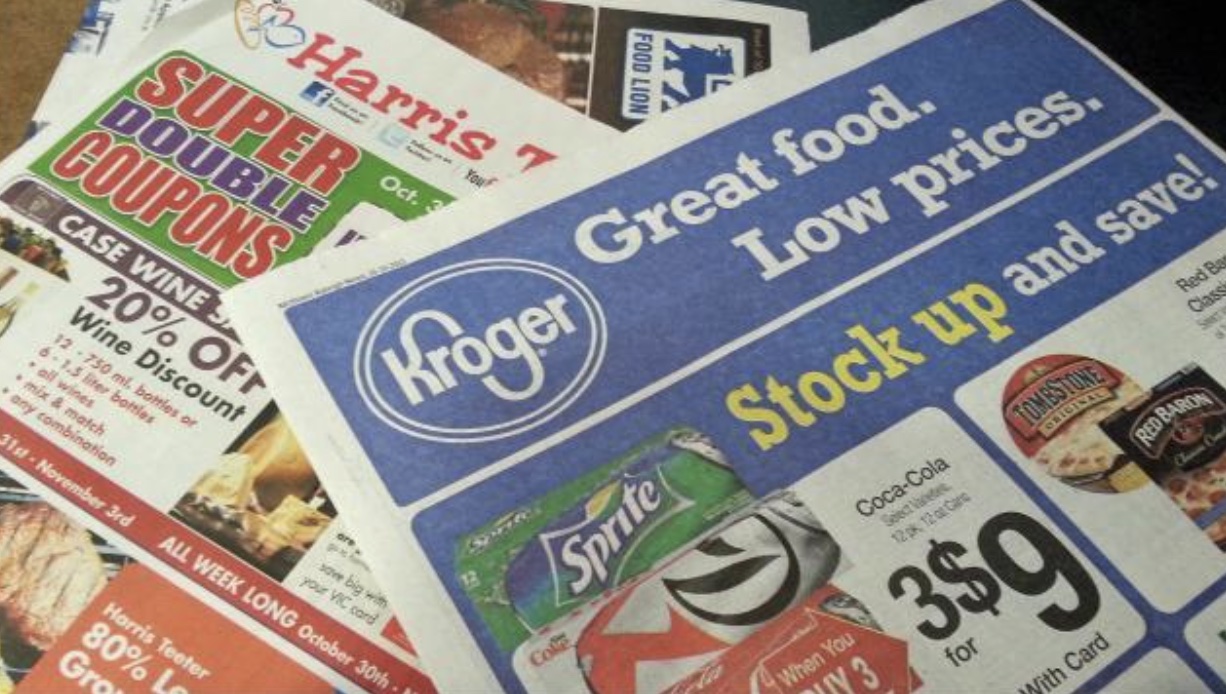In the dynamic world of food branding and retail, securing shelf space in grocery stores has never been more competitive. As consumer preferences evolve and grocery store chains become increasingly risk-averse, new food brand manufacturers are faced with significant challenges when it comes to getting their products on the shelves. Grocery giants like Sprouts, Raley’s, and Savemart are wary of allocating precious space to products that might not sell, leading many brand manufacturers to seek innovative strategies to secure prime retail real estate. One such strategy gaining momentum is partnering with food brokers. These intermediaries offer invaluable in-store retail sales and in-store merchandising support, leveraging their established relationships with store management to secure eye-level shelf space, end caps, and more. In this blog, we’ll delve into the advantages of working with a food broker over the DIY route, exploring the realms of in-store retail sales and merchandising support while highlighting the best practices for choosing the right food broker.
The Evolving Landscape of Grocery Retail
The grocery retail landscape has undergone a seismic shift in recent years. Consumer preferences are more diverse and health-conscious than ever before, leading to an influx of new food brands catering to specific dietary needs, ethical concerns, and taste preferences. As a result, grocery store chains find themselves grappling with a greater variety of products vying for limited shelf space. In such a competitive scenario, stores are less inclined to take chances on unproven products, fearing potential losses from slow-moving inventory.
The Risk of the DIY Approach
For many new food brand manufacturers, the initial inclination might be to take the do-it-yourself (DIY) approach to secure shelf space. While this path might seem cost-effective, it often falls short in delivering the desired results. Attempting to navigate the complex web of retail negotiations, merchandising strategies, and relationship-building with store managers can be overwhelming for those without experience in the industry. Without a strong network and a proven track record, gaining traction in the competitive retail landscape can be an uphill battle.
The Role of Food Brokers
Enter the food broker, a seasoned intermediary with a deep understanding of the grocery retail ecosystem. Food brokers act as a bridge between brand manufacturers and retailers, offering a range of services that extend beyond the capabilities of most DIY approaches. These professionals have established relationships with store management, which can significantly impact the placement and visibility of products on the shelves.
- In-Store Retail Sales: Food brokers excel in the art of selling. Their expertise lies in presenting your product to retailers in a compelling way, highlighting its unique selling points, target audience, and potential for growth. With their finger on the pulse of consumer trends, food brokers can effectively communicate how your product aligns with the current market demands. This persuasive approach increases the likelihood of your product being accepted onto the shelves.
- In-Store Merchandising Support: Once your product secures shelf space, its success depends on its presentation. Food brokers provide invaluable merchandising support, ensuring that your product is displayed optimally to catch the shopper’s eye. From arranging end cap displays to designing visually appealing shelf layouts, food brokers leverage their merchandising expertise to enhance the visual appeal of your product, ultimately driving sales.
Advantages of Working with a Food Broker
Collaborating with a food broker offers numerous advantages that can make a significant difference in your brand’s trajectory:
- Established Relationships: Food brokers have spent years cultivating relationships with store managers and decision-makers. These relationships grant them access to key players, allowing them to advocate for your product and negotiate favorable terms for shelf placement.
- Preferred Placement: Eye-level shelf space and end cap displays are prime real estate in the grocery store world. Food brokers leverage their connections to secure these coveted spots, increasing the visibility and discoverability of your product.
- Industry Expertise: Food brokers bring a wealth of industry knowledge to the table. From understanding market trends to predicting consumer behavior, their insights help shape effective retail strategies that can drive your product’s success.
- Cost Efficiency: While working with a food broker involves a fee, the investment is often justified by the accelerated sales growth they can facilitate. Their expertise minimizes trial and error, leading to quicker returns on investment.
- Time Savings: Navigating the complexities of retail negotiations and merchandising can be time-consuming. Partnering with a food broker frees up your time to focus on product development and overall brand strategy.
- Proven Track Record: Reputable food brokers have a portfolio of success stories. Their ability to consistently secure prime shelf space and drive sales speaks to their effectiveness as intermediaries.
Selecting the Right Food Broker
While the advantages of working with a food broker are clear, it’s crucial to choose the right partner for your brand. Here’s a checklist to help you make an informed decision:
- Industry Reputation: Research the broker’s reputation within the industry. Look for testimonials, case studies, and references that highlight their success stories.
- Retailer Relationships: Inquire about the broker’s relationships with retailers relevant to your target market. A strong network increases the chances of securing desirable shelf space.
- Category Expertise: Choose a food broker with experience in your product category. Their familiarity with similar products can enhance their ability to position your brand effectively.
- Communication Skills: Effective communication is paramount in this partnership. Ensure the broker understands your brand’s unique selling points and can convey them convincingly to retailers.
- Merchandising Proficiency: Review their approach to in-store merchandising. Their strategies should align with your brand’s visual identity and consumer appeal.
- Transparent Fees: Understand the broker’s fee structure and how it aligns with your budget. Transparency in financial matters is crucial for a successful partnership.
- Long-Term Vision: Choose a food broker who sees the potential for long-term growth and partnership. A strategic outlook aligns with your brand’s aspirations.
Bottom Line
In the fiercely competitive world of grocery retail, securing prime shelf space for new food brand manufacturers requires a strategic and informed approach. Partnering with a food broker offers a compelling solution, providing in-store retail sales and merchandising support that can significantly enhance a product’s visibility and success. The advantages of leveraging a food broker’s industry expertise, retailer relationships, and proven track record outweigh the challenges of the DIY approach. As you consider the best path forward for your brand, remember that a well-chosen food broker can be the key to unlocking the doors to your target grocery stores and capturing the attention of discerning shoppers.


